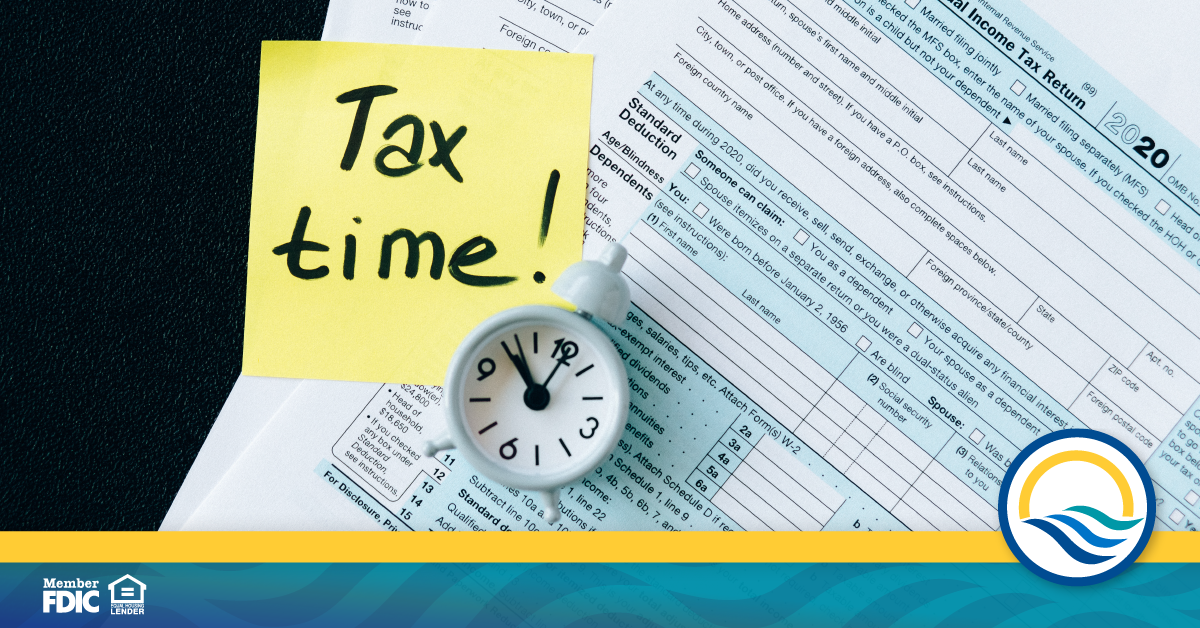Should You File Your Taxes by Mail or Electronically?

If you plan to prepare your own federal tax return this year, you’ll have two options for sending it to the IRS: electronic filing or mail. To help you decide which of these tax-filing choices is right for your needs, let’s take a closer look at the key advantages to consider for each one.
Reasons to file electronically
Filing electronically has become an increasingly popular option among taxpayers — in fact, according to an article by William Perez for The Balance, more than 135 million returns were filed this way for 2022. Here are four of the primary reasons why e-filing is generally the best way to handle your taxes.
It’s faster: With e-filing, the IRS can receive your return immediately instead of waiting for it to arrive in the mail and be physically processed. This means you’re likely to get your refund faster, especially when you’re also signed up for direct deposit.
It’s safer: According to the IRS, encryption technology keeps electronically filed taxes well-protected, so you won’t have to worry about fraud or hacking when you use this service.
It’s more accurate: Using the IRS’s electronic filing system helps you avoid math errors and keeps you from omitting any required information. You’ll also get fast confirmation that your return was received and accepted.
It can save you money: If you make $73,000 or less a year, the IRS partners with multiple services to provide free assistance with tax prep and online filing. If you know how to do your own taxes, you can use the IRS’s Free File Fillable Forms at no cost regardless of your income.
Situations where paper filing is best
Although e-filing is generally the best choice for filing your taxes, there are exceptions to this rule. Here are some situations where you’ll need to drop paper forms in the mail instead of e-filing.
Your e-return is rejected: If your e-return is rejected, especially when it’s an issue related to Social Security number verification, the IRS warns that you may have to end up filing a paper return.
You need to attach a PDF or other document: If you need to provide extra documents with your tax return, the IRS notes that you can’t attach them to an e-file and must file a paper return instead.
You’re running late — or early: Each year, the IRS sets a November deadline for electronic tax filing. Even if you’ve received an extension, after this date, you won’t be able to e-file and will need to submit your return on paper. Likewise, if you want to file before e-filing opens for the year, paper is your only option.
Your return has special requirements: In some instances, the IRS requires a paper return. For example, Trina Hargrove writes in an article for Credit Karma that you may need to mail in your taxes if you’re applying for injured spouse relief. And Perez points out that a paper return may be necessary if you’re claiming a refund for a deceased individual.
In most cases, e-filing your federal taxes is the more convenient choice. However, the mail is always an option as well, and may even be required in certain circumstances. If you have questions or concerns about your filing options, always be sure to check with a qualified tax professional to get the answers you need.
